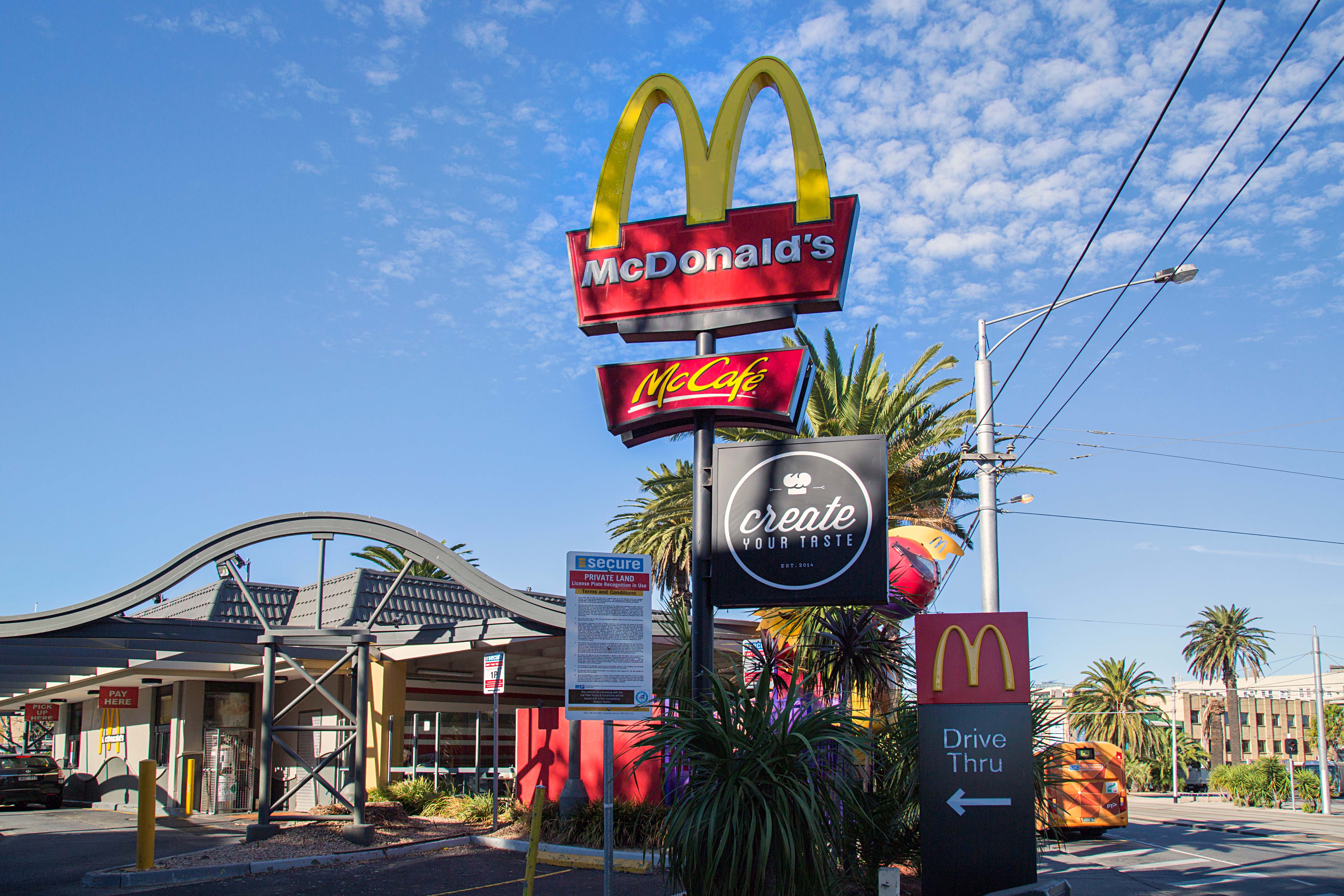
McDonald’s Australia has committed to removing plastic cutlery from its Australian stores by the end of 2020, as part of a winder global initiative to use its ‘scale for good’.
The fast food chain will phase out plastic cutlery and replace it with fibre-based cutlery, saving 585 tonnes of plastic per year.
The announcement coincided with the first National Plastics Summit to be held by Australia in Canberra on 2 March.
Hosted by Minister for the Environment Sussan Ley, the one-day forum brought together senior individuals from government, industry and community sectors to identify new solutions to the plastic waste challenge.
Ley stressed the government’s commitment to fixing Australia’s plastic waste problem and the importance of industry working with government and consumers.
“This summit has brought together a broad range of ideas and commitment and it has put plastic waste firmly on the national agenda,” she said.
Removing plastic one item at a time
The move by McDonald’s Australia to phase out plastic cutlery follows the decision to introduce an alternative straw option later in the year, which will equate to 500 million plastic straws being removed from circulation each year.
“We’re committed to being an industry leader in sustainable practices, ultimately using our scale for good to positively impact challenges facing the communities we operate in,” said McDonald’s Australia, director of supply chain and sustainability, Kylie Freeland.
“By removing plastic straws and cutlery from McDonald’s restaurants, we are continuing to reduce our environmental footprint and will be removing more than 860 tonnes of plastic from our system.”
Similar initiatives have seen the restaurant group remove plastic lids from its McFlurry cups, salad bowls being replaced with a fibre-based alternative and a reduction in the amount of plastic used to make its sundae cups.
These changes have removed nearly 250 tonnes of plastic from McDonald’s Australia restaurants and, by weight, 85% of its packaging is now fibre-based.
Conscious action
“This is a fantastic idea – a great move for the franchise group to help the environment and set a good example to the industry,” says FCSI Associate Steve Sidd of Catering HQ in New South Wales.
“Plastic cutlery is one of those items that won’t get recycled even when you put it in recycling. It’s too contaminated, it’s too small, it’s too lightweight. Something has to change. Something has to move us from unconscious trend to conscious action.”
It’s an issue that the foodservice industry is addressing and supporting in various ways, he says, by running waste audits to see where to cut back on plastic, offering biodegradable alternatives to plastic and using reusable dishware for employees.
But there is room for more initiatives that not only remove unnecessary plastic from stores, but work with customers to put the choice in their hands.
“Foodservice outlets need to provide options for customers to choose whether or not they want to receive straws and/or utensils from restaurants. In other words, to opt in or out of plastic utensils when ordering food, particularly with home/office deliveries,” says Sidd. “One of these days we will see consumers carrying their own cutlery just like they do with water bottles and coffee cups.”
He also suggests that foodservice operators should do everything they can to actively engage with their customers. Asking them to fill out a short survey on how they view the initiatives in place or how they feel the restaurant can improve their sustainability program, as well as encouraging them to spread the word via word of mouth, social media and community groups.
Continued commitment
Other key announcements made by industry at the National Plastics Summit include news that Nestlé will partner with waste management company IQ Renew to trial the collection and recycling of soft plastics from over 100,000 homes, saving around 750,000 tonnes of soft plastic from landfill.
Nestlé is also among companies that have committed to 100% of their packaging being reusable or recyclable by 2025, with the Australian Dairy Industry pledging that 100% of Australian dairy packaging will be recyclable, compostable or reusable by 2025 or earlier.
“Plastic that is designed effectively, used correctly, recycled reliably and remanufactured creatively can stay in the economy almost indefinitely with little environmental impact,” said prime minister Scott Morrison, acknowledging that Australia needs to take responsibility for its plastic waste. “It’s about making Australia a world leader in how we manage our waste and recycling.”
Following suit
McDonald’s isn’t the only quick service restaurant group to be making global commitments to reduce its dependency on plastic. YUM! Brands, parent company of KFC, Taco Bell and Pizza Hut, has also set a number of targets to improve the sustainability of its consumer-facing packaging. Most recently, it announced that it will end use of Styrofoam and Expanded Polystyrene (EPS) at the global chains by 2022, following engagement with shareholder As You Sow.
Liz Cooley
